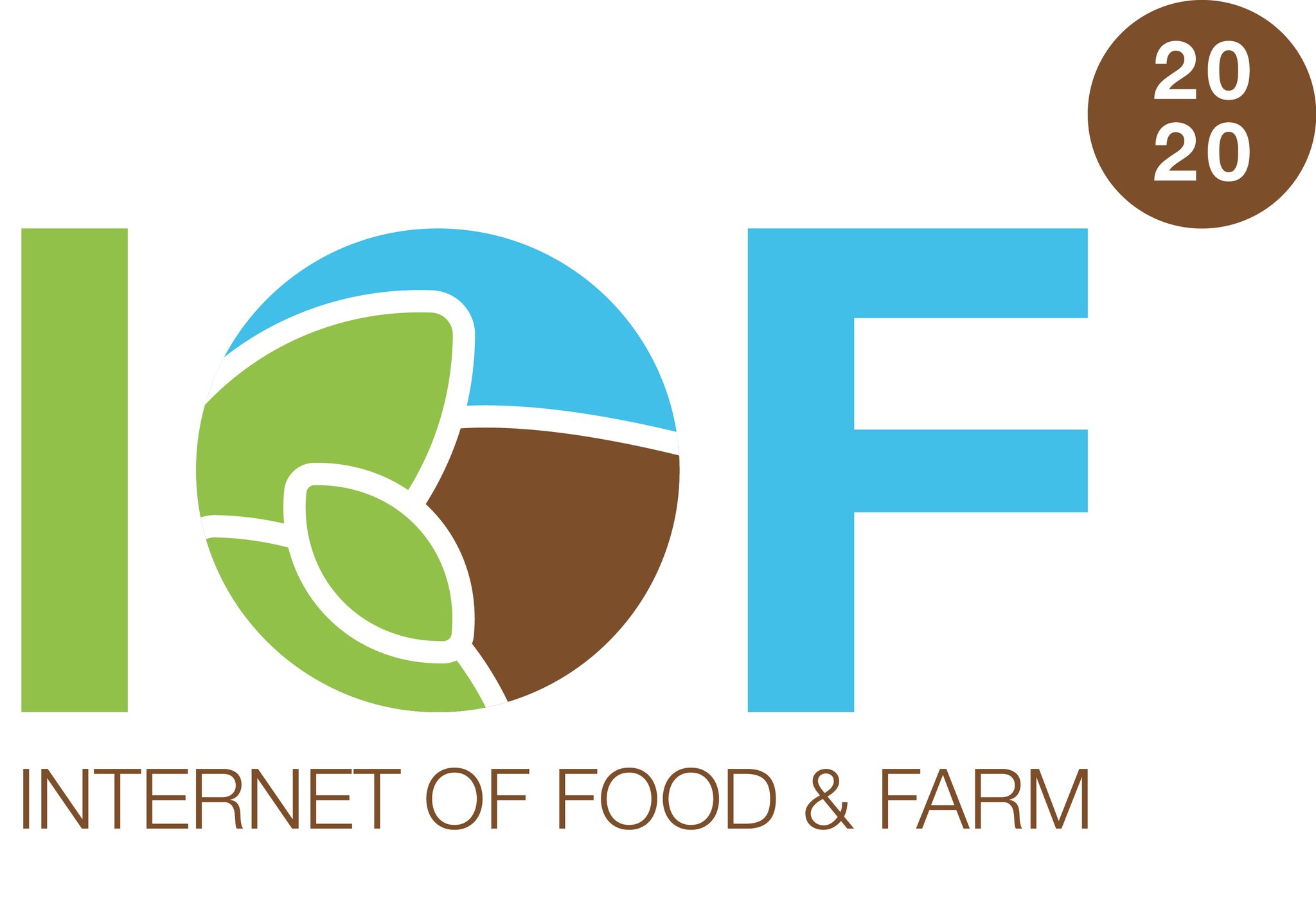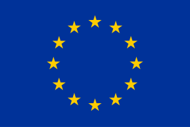Organic agriculture as a living lab and front runner in applying digital technologies adapted to farmers’ needs – Internet of Food & Farm 2020 final event – 16-18 March 2021, online
On 16-18 March, the final event of the Internet of Food and Farm 2020 (IoF2020) project took place online. More than 900 people registered to the event, ranging from policy-makers to project partners and civil society.
Day 1: Workshops & organic farming
George Beers, IoF2020 Project Coordinator from Wageningen University & Research (WUR) kicked off the event with a series of transversal workshops on the 33 IoF2020 Use Cases. Among others, Benoît de Solan, Research Engineer at ARVALIS, presented organic Use Case ‘Precision Crop Management’, introducing smart wheat crop management by sensor data embedded in low-power, long-range infrastructure. According to Benoît, the sensors act as farmers’ eyes, enabling them to make informed decisions about improved crop management.
During a session on organic farming with Cristina Micheloni from the Italian Association for Organic Agriculture (AIAB), Jos Ruizendaal from WUR and Stephanie Weyenberg from the Flanders Research Institute for Agriculture, Fisheries & Food (ILVO), participants and speakers discussed how organic farming can benefit from digitilization and the Internet of Things (IoT). Two organic Use Cases, the ‘Grazing Cow Monitor’ and the ‘Added-Value Weeding Data’ demonstrated how organic agriculture can take advantage of new technologies. Besides making organic farming more attractive through reduced labour intensity and greater financial viability, IoT can contribute to transparency in the EU’s food and farming sector.
Day 1 ended with a session on how IoT might change certification together with Dr. Ayalew Kasahun from WUR, Matteo Balderacchi, consultant at Valoritalia, Theocharis Moysiadis from F6S and Carlos Callejero from SensoWave. Speakers agreed that IoT can improve transparency in organic certification. Yet, a constructive dialogue between organic certification bodies and IoT and blockchain technology providers is essential for control bodies to see the benefits of these novel technologies, concluded Cristina Micheloni from AIAB.
If you’re interested in learning more about the IoF2020 Use Cases, have a look at the project’s Use Case catalogue and filter for organic.
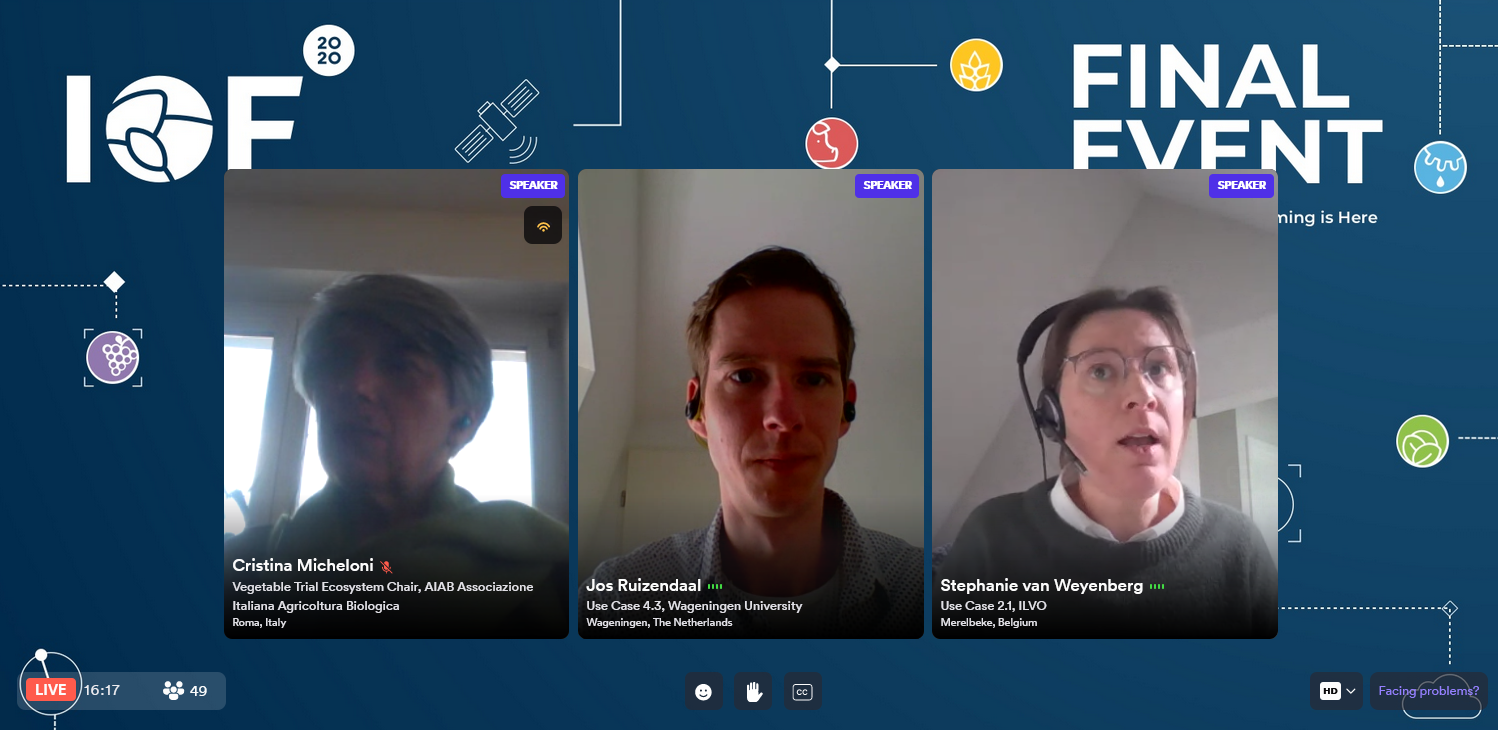

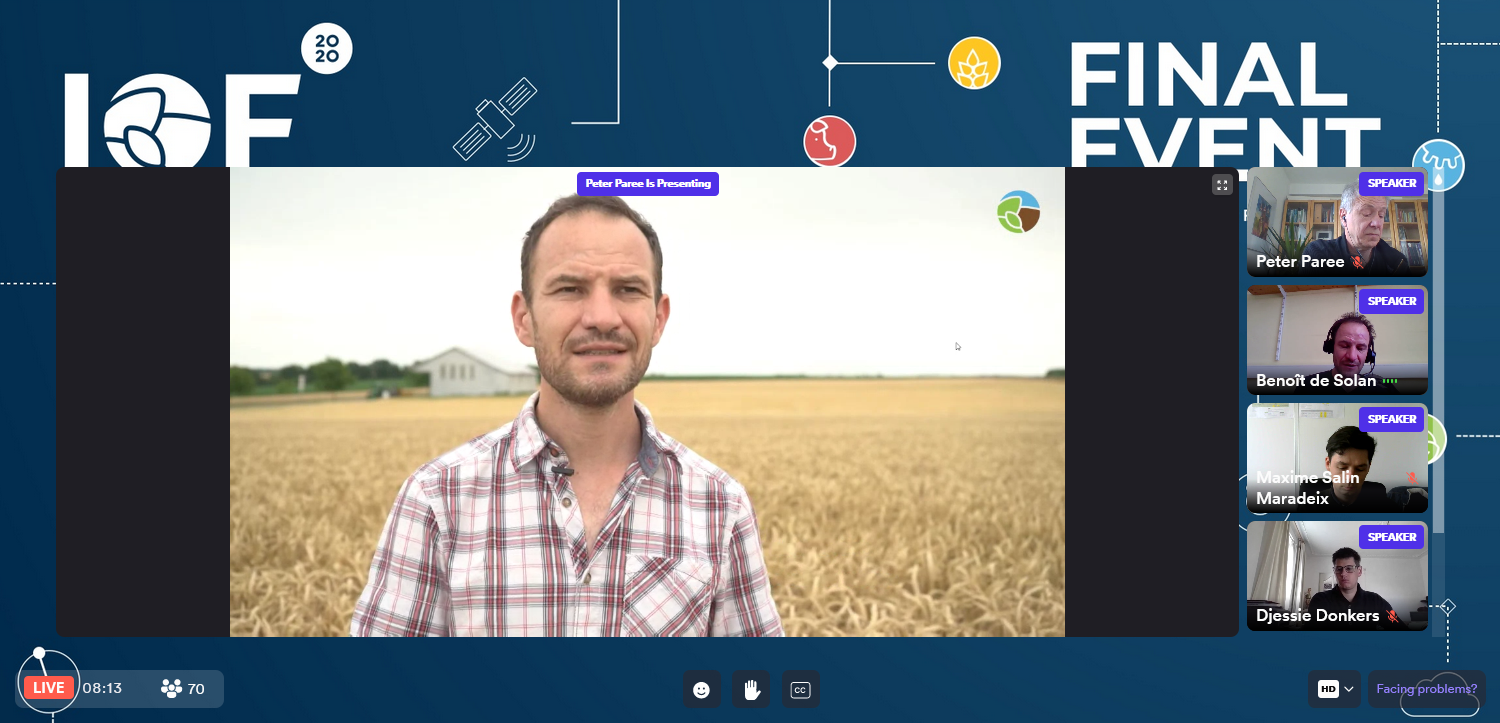

Day 2: Gender inequality in agri-tech
Day 2 featured a panel discussion on the achievements and impact of IoF2020 as well as a debate on how to address gender inequality in agri-tech. Simone van der Burg from WUR, Alexander Berlin from Berlin Thinking, Milica Trajkovic from BioSense, Harald Sundmaker from ATB Bremen and Joël Bacquet, Programme Officer at DR AGRI were of the opinion that IoF2020 was a huge success and served as a platform of collaboration for more than 80 external stakeholders. Among the lessons learnt, speakers agreed that data sharing within and without a project is an important factor.
According to Alexander Berlin, future projects will benefit from the learning curve made during IoF2020. During the session on gender inclusiveness in agri-tech, Jovana Vlaskalin, Cynthia Giagnocavo from Universidad de Almería, Doris Letina from the European Council of Young Farmers (CEJA), Doris Marquardt, Programme Officer at DG AGRI, Ntuthu Mbiko-Motshegoa and Antonella Di Tonno from Coldiretti talked about the challenges and constraints women in agriculture are facing.
Doris Marquardt stated that digital skills are crucial for balancing perspectives in agri-tech right from the beginning, starting with programming and in research and should be embedded in school education. Antonella Di Tonno highlighted that women are agents of change and sustainable development due to their different leadership style, privileging cooperative systems and building relationships. Ntuthu Mbiko-Motshegoa, successful agripreneur from South Africa added that women empowerment in agri-tech will contribute to food security and inspire young women for the generations to come. Visibility, education, capacity building, encouraging leadership, networking, acting locally and the support from institutions and organisations are important factors to reach gender inclusiveness in agri-tech, concluded Cynthia Giagnocavo.
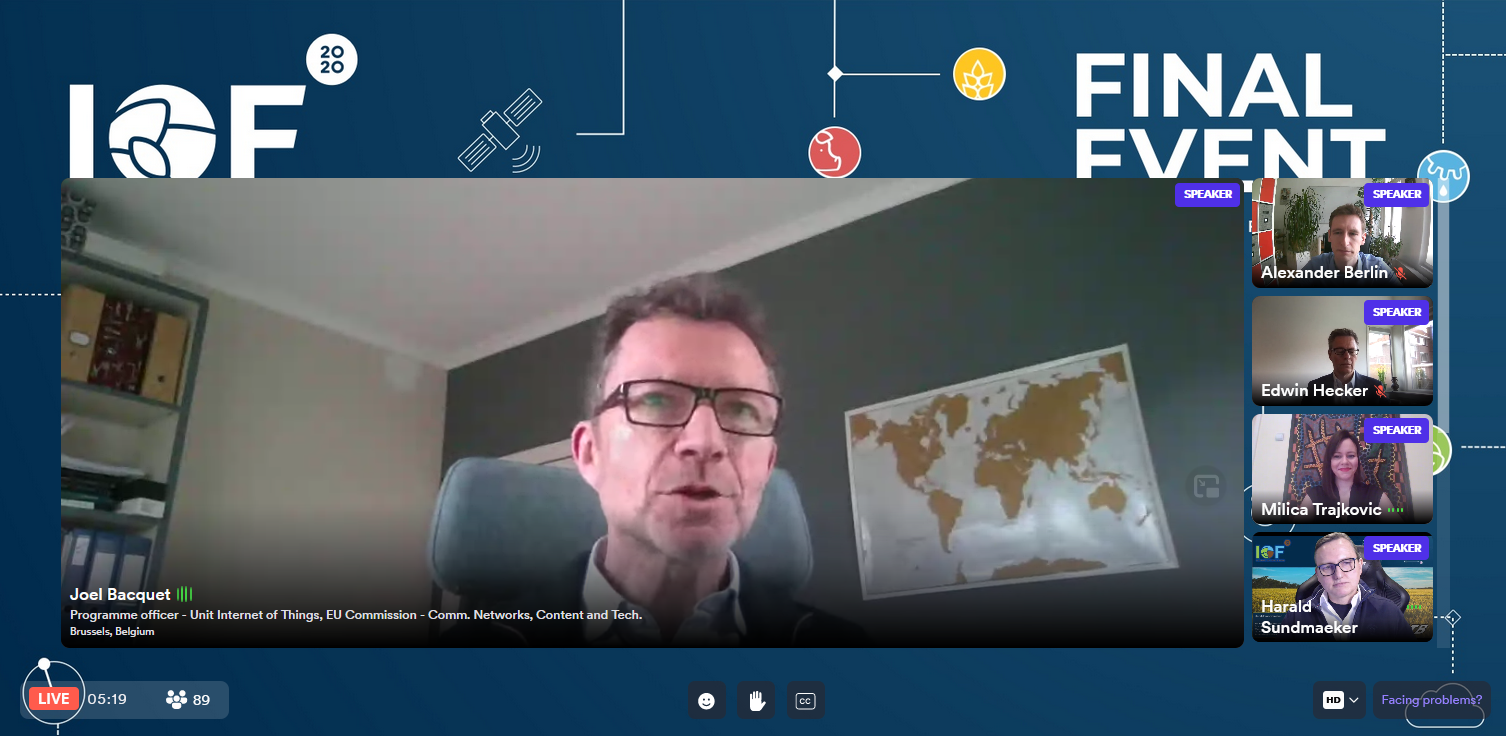

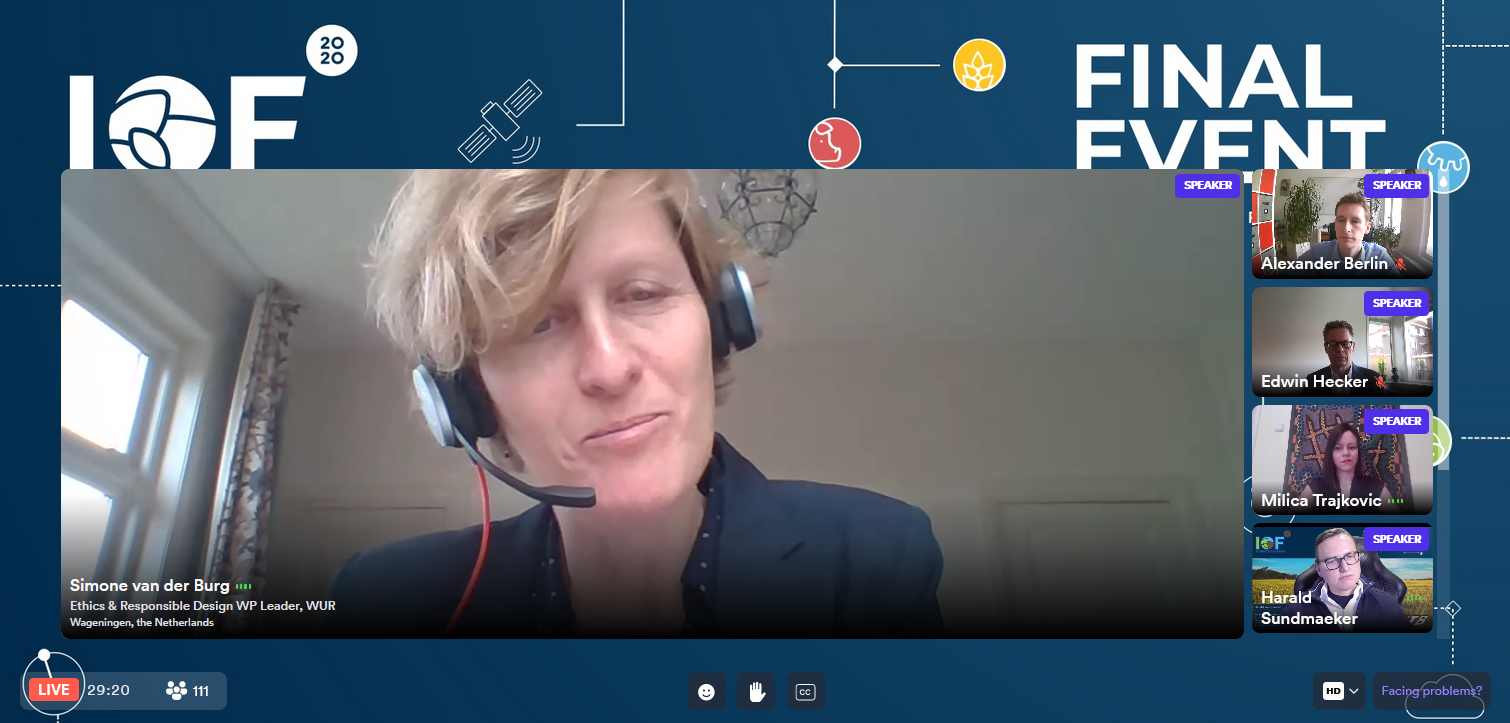
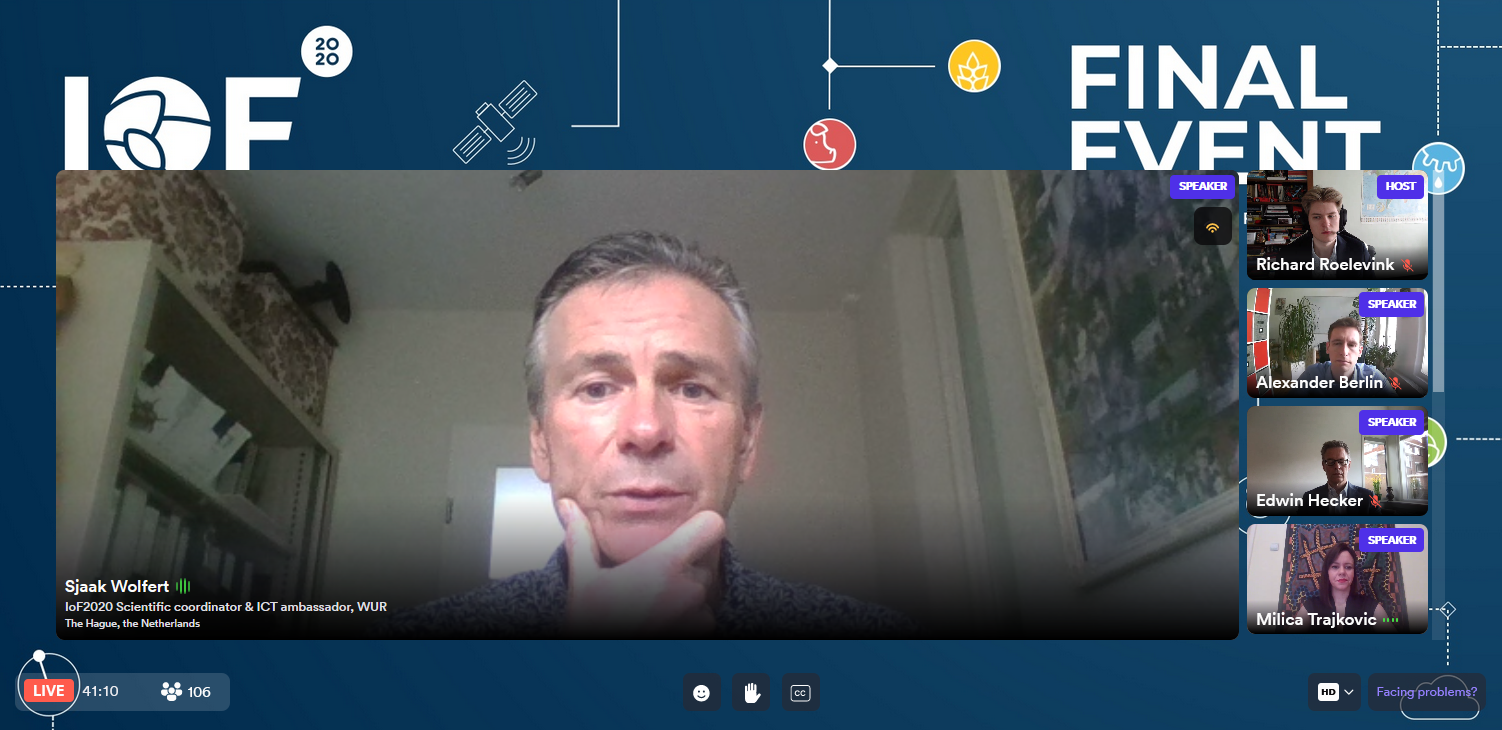
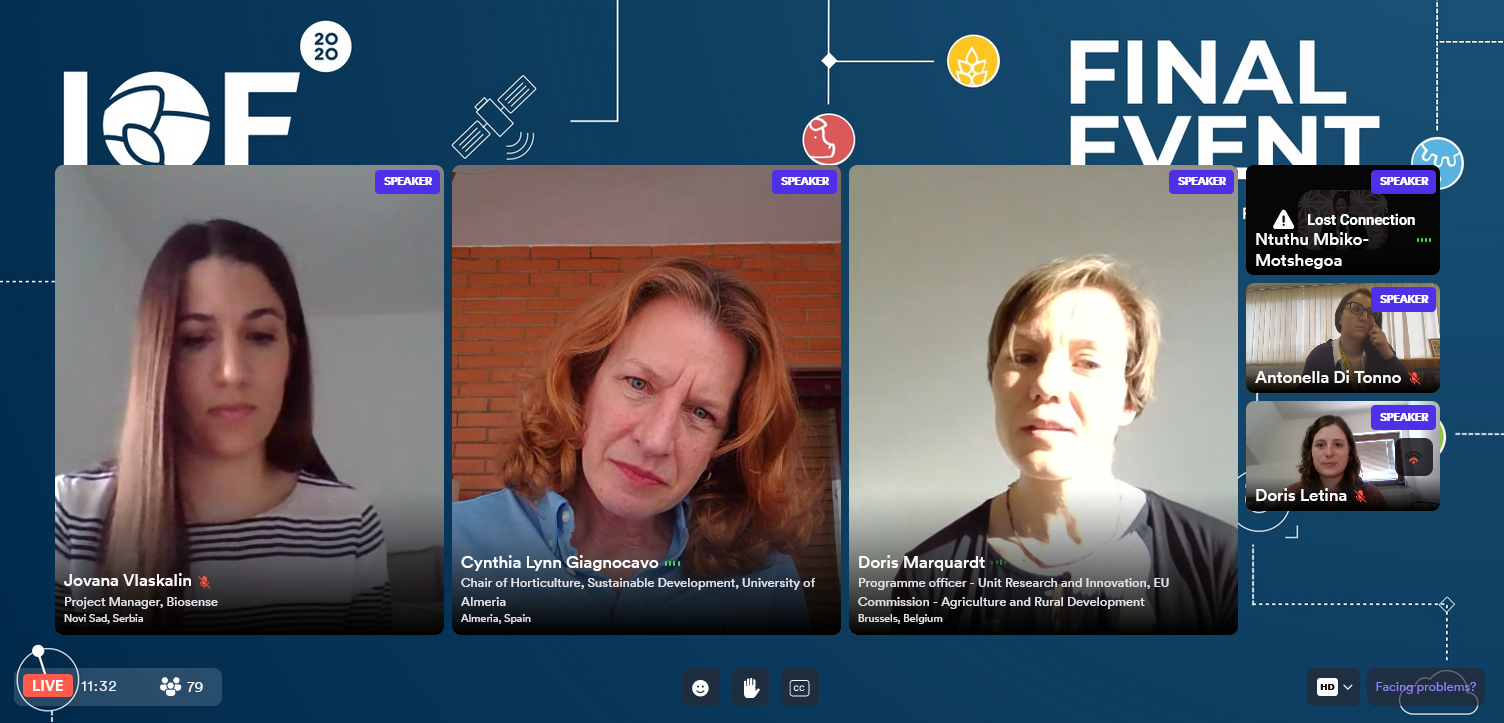
Day 3: Future of digitalisation in farming
Finally, day 3 of IoF2020 final event was dedicated to the research and innovation ecosystems of the project, starting with a panel discussion with more than 130 participants. Together with Sjaak Wolfert from WUR, Doris Marquardt, Daniel Azevedo from Copa-Cogeca, Jérôme Bandry from the European Agricultural Machinery Association (CEMA) and Bert-Jan Ruissen from the European Parliament, our Director Eduardo Cuoco discussed the policy recommendations for the future of digitalisation in farming.
“TP Organics’ Strategic Research and Innovation Agenda highlights the role of digitalization in creating more diversified farming systems, efficient resource use, food safety, traceability and transparency and strengthening Agricultural Knowledge and Innovation Systems (AKIS)”, said Eduardo Cuoco. IoT can help improve agricultural production, but incentives are needed to implement technologies with sustainability benefits by farmers while considering all relevant sustainability variables and entire value chain. In organic farming, IoT, blockchain and other new technologies might be used to minimize accidental pesticide contamination, other non-admissible substances, and food-borne bacteria, improving organic food safety, quality, and health.
Furthermore, digital tools can strengthen AKIS. For organic farming, this could mean targeted advisory services using technical solutions, networking, training, and demonstrations for effective knowledge exchange. Eduardo also pointed out the need to create substantial benefits and incentives for farmers through smarter regulation, simplification, higher tolerances, smaller penalties and more guidance and correction, adding value for all stakeholders. He continued that it is crucial to ensure rural actors adapt new technologies without leaving anyone behind and to avoid a digital divide through fair access to and education about technology by ensuring a level playing field and affordability of digital solutions. To do so, digitalisation and smart farming could be eligible under the Eco-Schemes of the new Common Agricultural Policy (CAP), provided they contribute to environmental and climate objectives.
Eduardo Cuco concluded that digital solutions can help facilitate waste reduction, increased productivity and diversity, and knowledge exchange if data governance is organized in a balanced way and market imperfections are tackled sufficiently. Technologies should be adapted to comply with organic principles and meet the needs of organic farmers. To improve Europe’s food and farming system’s sustainability, farmers need to be involved from the start, local knowledge integrated, and tailored advisory services developed.
Sjaak Wolfert agreed by stating that technology should also better connect farmers and consumers and not only support productivity and profit goals, but the sustainability goals we have set as a society. Bert-Jan Ruissen underlined that the new CAP will play a crucial role in ensuring access to new technologies by all agricultural stakeholders, especially under Eco-Schemes in pillar 1. He further made clear that farmers must remain in control of their data at any point. According to him, the new CAP is key in supporting bottom-up approaches by farmers to take ownership of their data and data sharing.
IFOAM Organics Europe Director wrapped the session up by highlighting that organic farming is green in both areas, on the field and on the accounts as one of the most financially viable agricultural production systems. Organic agriculture can be front runner in applying digital technologies adapted to organic farmers’ needs and a living lab for applying them. We were front runner on ecology and we also want to be front runner on IoT.



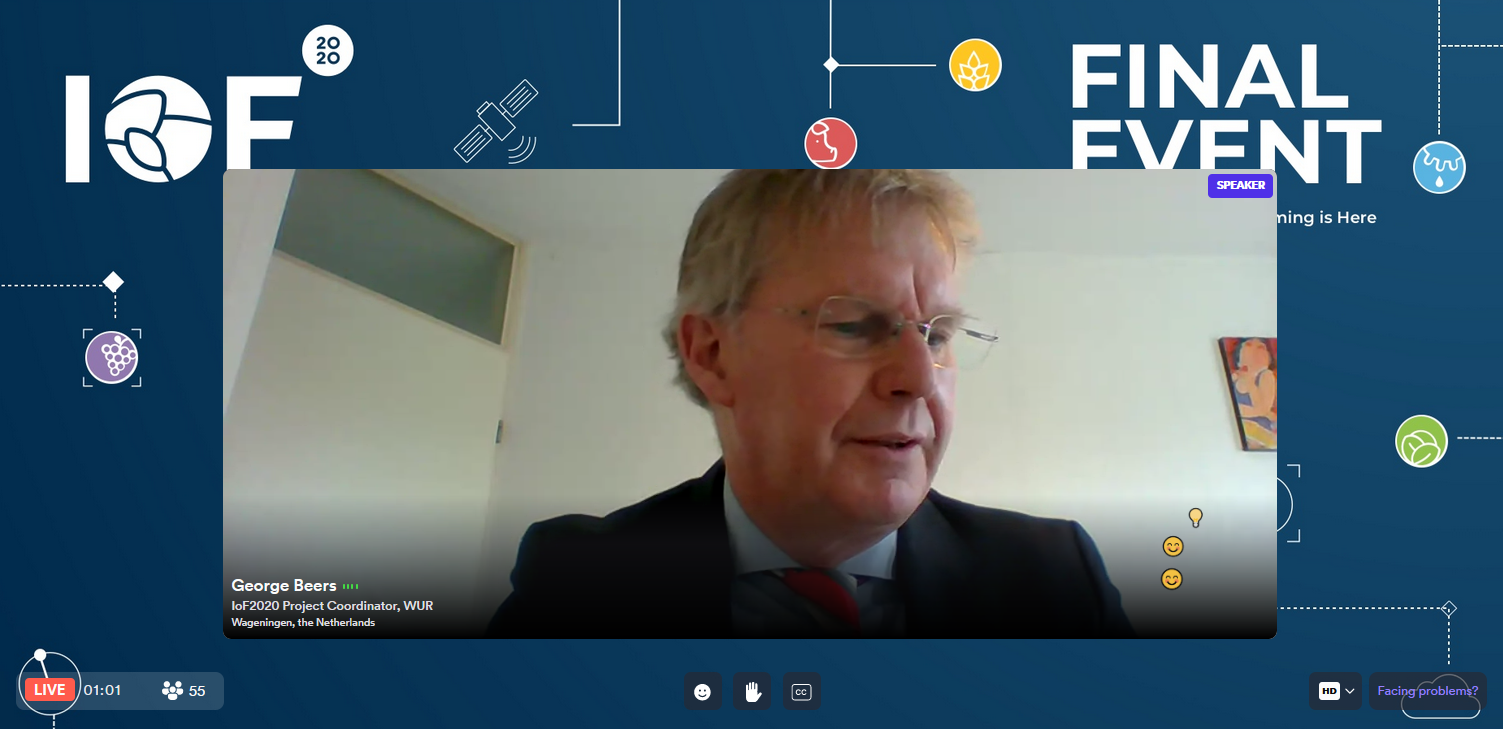
Session on EURAKNOS & EUREKA projects
IFOAM Organics Europe also chaired the session on EU Horizon 2020 project EURAKNOS, in which the main outputs of the project were presented, as was the sister and follow-up project EUREKA. IFOAM Organics Europe is a partner in both projects, which aim to build an EU-wide digital knowledge reservoir for agriculture, thereby strengthening the EU agricultural knowledge base and facilitating (digital) exchange of best practices.
After an introduction of the EURAKNOS project by Maria Gernert, guest and project partner Laura Palczynski from Innovation for Agriculture presented the EURAKNOS Explorer’s Guide for Thematic Networks, the Vision Paper as well as the policy recommendations. The Explorer’s Guide provides information on how to design and implement Thematic Networks and other multi-actor projects to maximise user engagement and impact. The Vision Paper sets out a vision for an EU-wide, open-source, digital database platform where project outputs can be stored and easily accessed by end users. The Policy Brief includes recommendations on how to improve the (digital) exchange of best practices, such as sufficient funding to stimulate the connection to digital learning. While EURAKNOS has developed a prototype for the future ‘FarmBook’, EUREKA is setting up the actual platform, which will host the outputs/data objects of all EU multi-actor projects, thus scaling up the scope of the platform. Project coordinator Pieter Spanoghe from Ghent University explained why and how end users are involved during the development of the platform as well as how IoF and other project partners can connect with EURAKNOS and EUREKA.

Relive the event & ‘thank you’
Couldn’t make it or want to relive the event? Watch all recordings here or browse #IoFinalEvent and #IoF2020.
As IFOAM Organics Europe, we would like to thank everyone who visited our booth, all project partners, Ecosystem Chairs, Use Cases and other involved stakeholders for making IoF2020 a success. A heartfelt ‘Thank you’ also to Schuttelaar and Partners for organising this professional and inspiring final event. We look forward to continuing our collaboration in the framework of the SmartAgriHubs project and other future endeavours.
The Internet of Food & Farm 2020 project is a large-scale pilot under Horizon 2020 investigating and fostering large-scale implementation of the Internet of Things in European food and farming. IFOAM Organics Europe is a project partner and represents the European organic movement.
